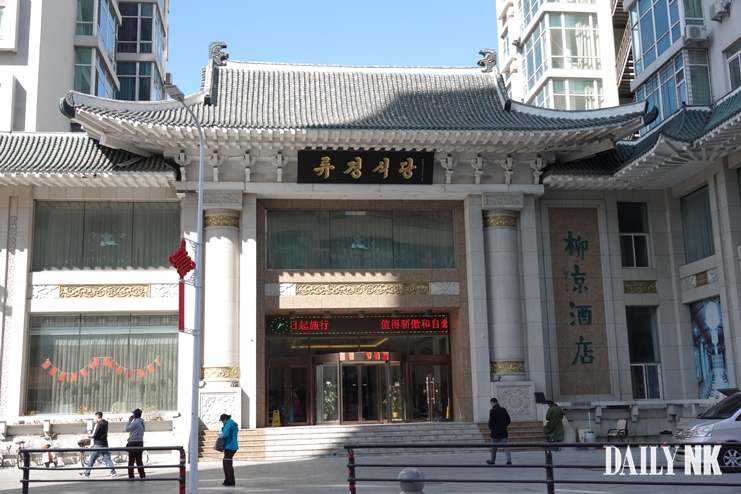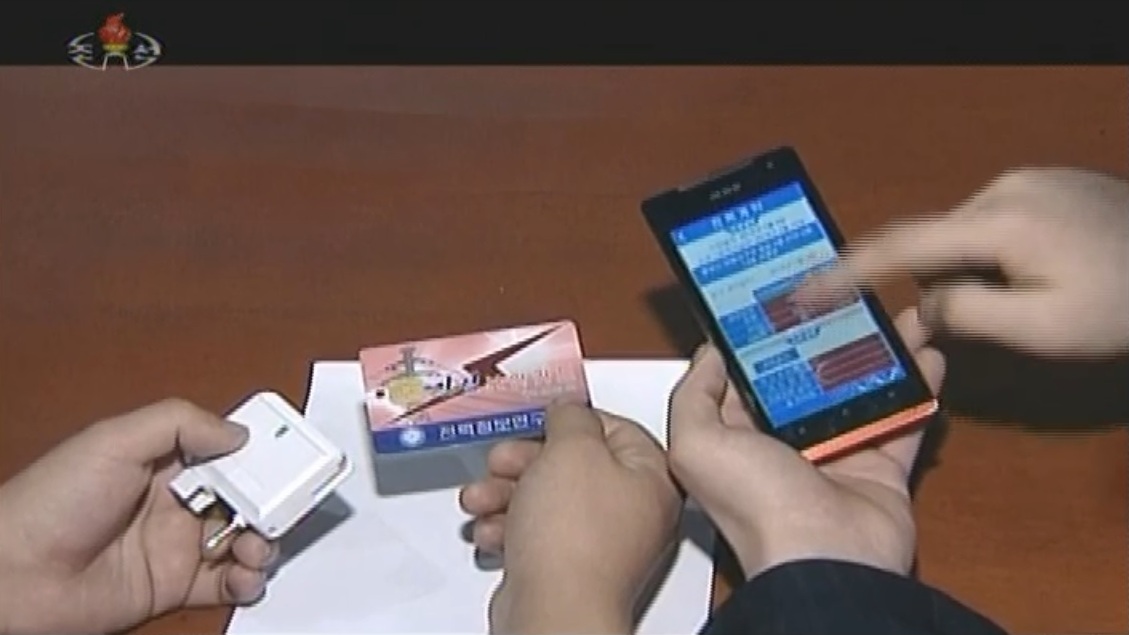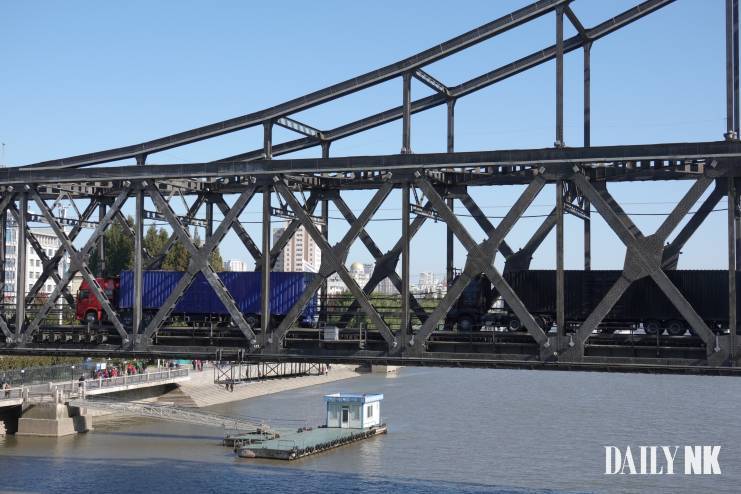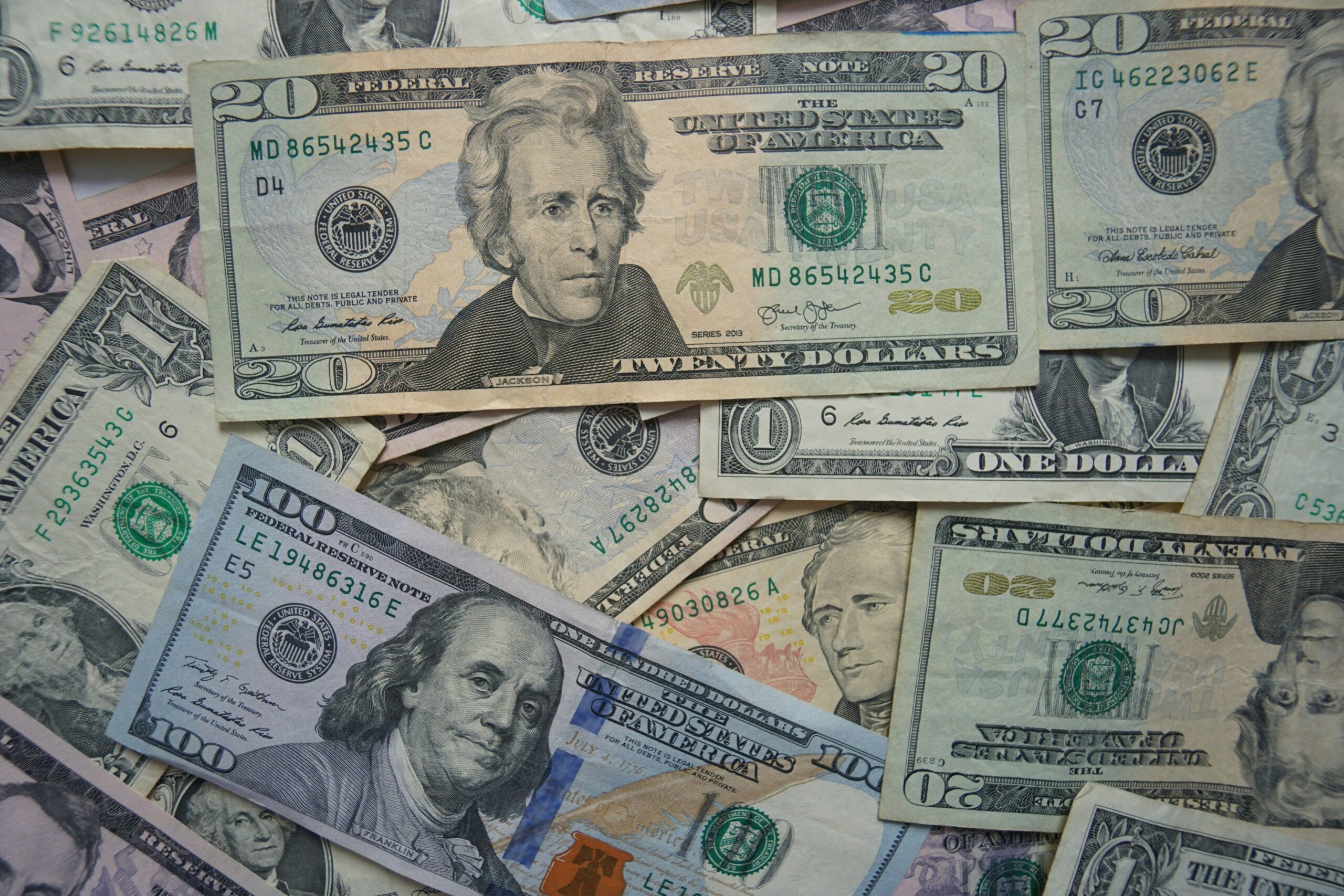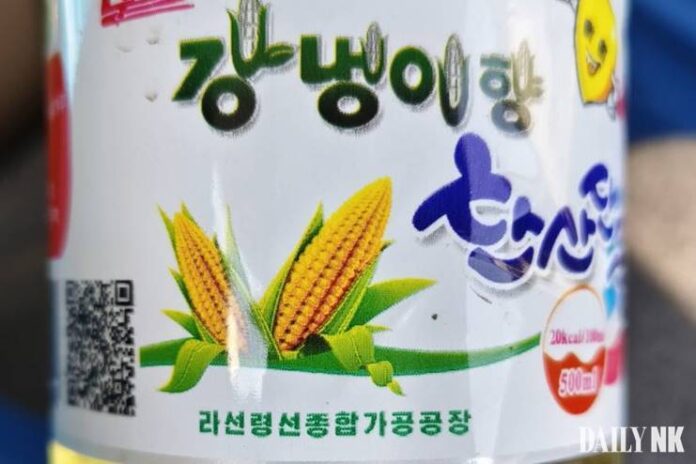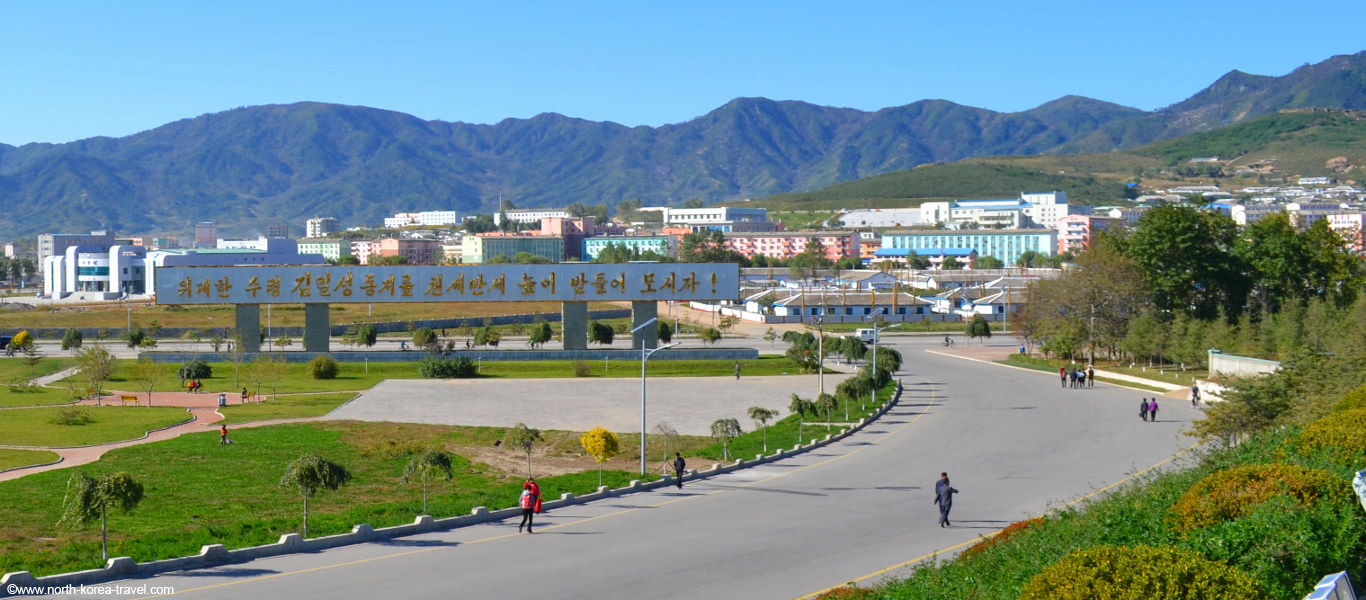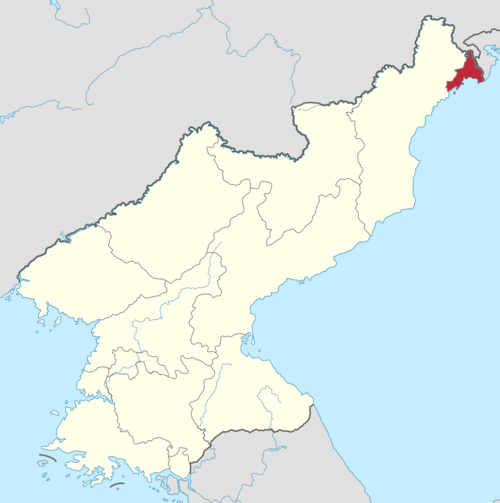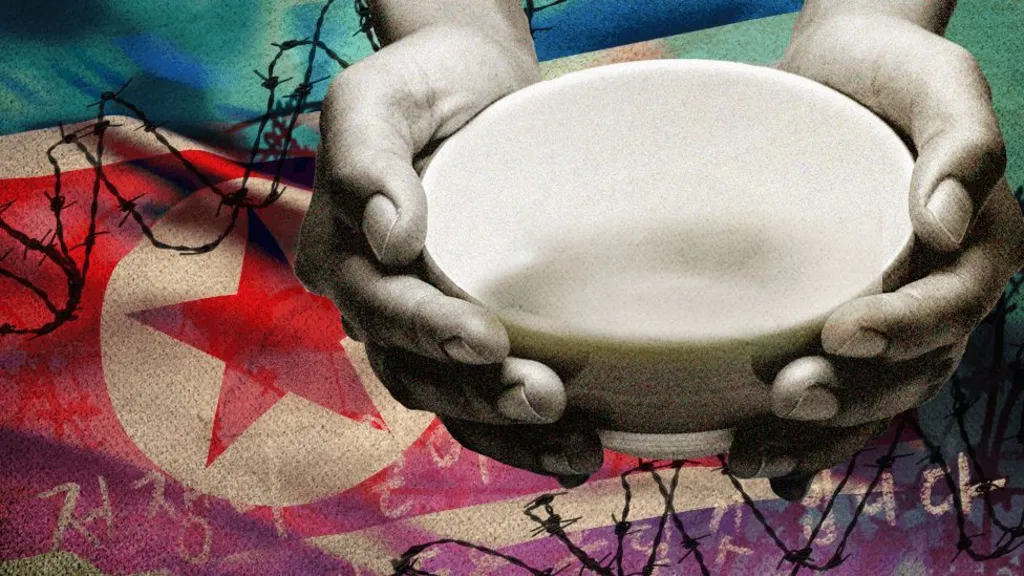According to a Daily NK source recently, “The Central Committee’s Economic Department instructed the Central Bank through the Cabinet in early April to conduct a nationwide survey on electronic payments and foreign currency transactions. The survey was completed on Apr. 11, and currently, banks in all 13 provinces (and directly-governed cities) are analyzing the results based on reports compiling first-quarter data.”
According to the findings, urban areas in the capital region, including Pyongyang and Nampo, saw approximately a 10 percentage point increase in the use of mobile phone payment apps based on barcodes and QR codes compared to the previous year. In fact, some stores in Pyongyang now display notices stating, “You only need your mobile phone, no cash required,” indicating that electronic payments are becoming relatively well-established.
The survey found that electronic payments are most active in Pyongyang, Rason, Sinuiju, and Kaesong, with about 23% of people in these areas responding that “electronic payments are more convenient.” The source reported that “mobile phone payments” are rapidly becoming commonplace, especially among people in their 20s and 30s.
Meanwhile, the electronic payment system barely functions in state-owned stores in remote areas of Gangwon, Jagang, and North and South Hamgyong provinces.
Link to Article

